
Blog - Federal Policy
517 posts
On Corporate Tax Avoidance, Critics Take Aim at ITEP – and Miss
October 25, 2023 • By Matthew Gardner, Steve Wamhoff

In identifying companies that avoid taxes, ITEP presented evidence that our federal corporate income tax was not working the way most Americans think it should work. The public and lawmakers paid attention, including President Biden who then made the case that this demonstrated the need for reform. As a result, Congress enacted the corporate minimum tax, to make the tax system a bit closer to what most Americans want it to be. If you look closely at this, you might just see an example of democracy working.
Intuit Receives Millions in Federal Subsidies While Arguing IRS Direct File Would Be Too Costly
October 24, 2023 • By Joe Hughes, Spandan Marasini

The tax preparation industry has for years lobbied to prevent the IRS from providing a tool that would allow Americans to file their taxes online for free. Recent public disclosures from Intuit, the maker of TurboTax and the leader of the pack, show that tax breaks the company claims for doing “research” might be larger […]
Large and Growing Tax Gap Underscores the Need to Adequately Fund the IRS
October 17, 2023 • By Jon Whiten
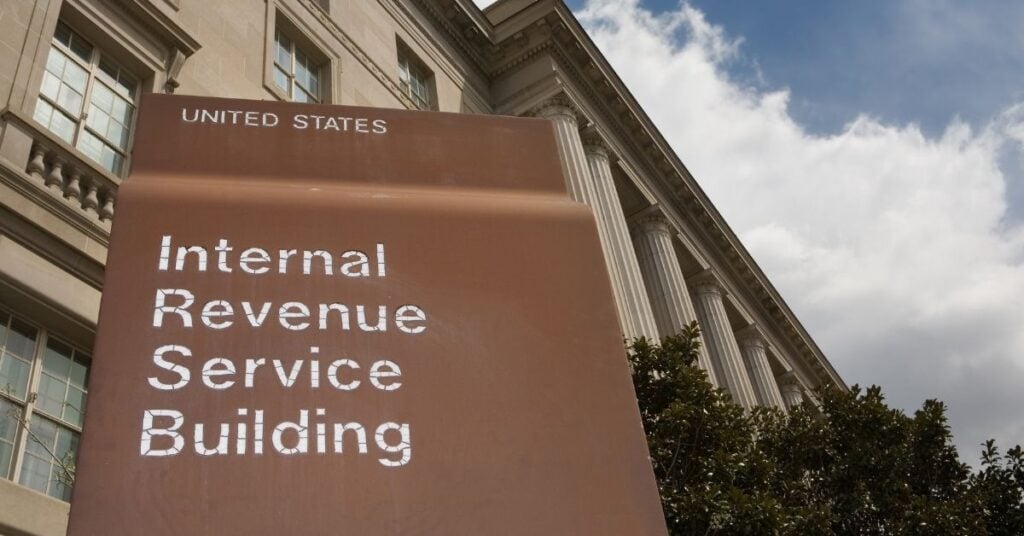
New figures released show the difference between what Americans paid and owed in taxes grew to $688 billion in 2021, a significant jump from previous estimates. This new data underscores that last year’s boost to IRS funding under the Inflation Reduction Act was absolutely necessary and should be protected by lawmakers.
The Moore Case Before the U.S. Supreme Court Could Widen the Racial Wealth Gap
October 17, 2023 • By Brakeyshia Samms, Moore v. United States

Moore v. United States, already a cause for concern for tax lawyers, could create more barriers for racial equity advocates working to reverse the economic plight of many households of color.
The Campaign by Democratic Former Officials to Stop Taxes on the Wealthy
October 6, 2023 • By Steve Wamhoff

One of the most attention-grabbing anti-tax campaigns at work today is called SAFE, which stands for Saving America’s Family Enterprises. But it might as well mean Saving Aristocrats From Everything given the outfit’s knack for opposing any national proposal to limit special tax advantages that only the wealthy enjoy. The basic approach of SAFE is […]

Last year, Congress reversed decades of funding cuts to the IRS to help the agency improve taxpayer services and crack down on wealthy tax cheats through the Inflation Reduction Act. The IRS adopted their assignment, and this past tax filing season was a marked improvement from the year before – both for the agency and […]
Government Shutdown is Rooted in Hypocrisy, Dysfunction, and, As Always, Tax Cuts for the Rich
September 27, 2023 • By Joe Hughes
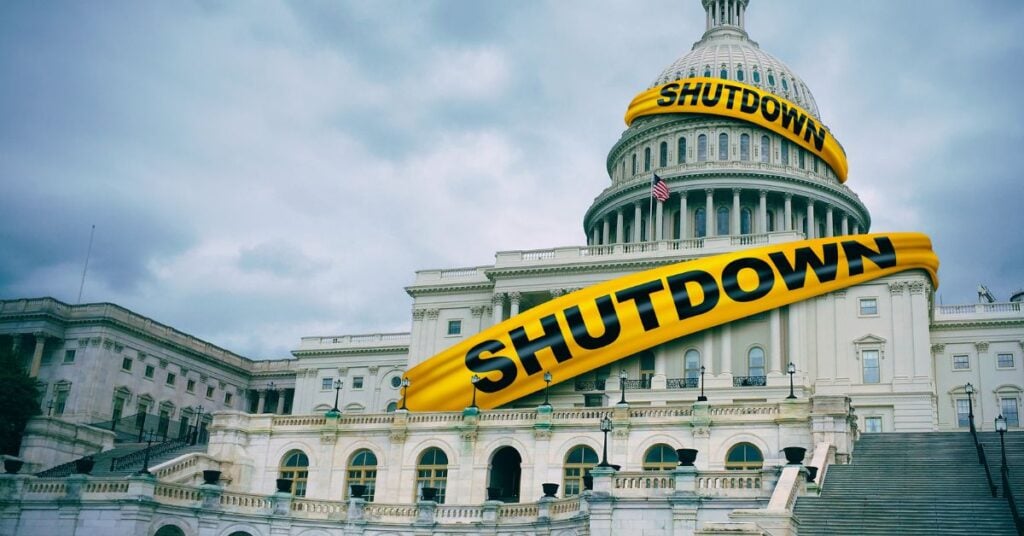
The priorities in this shutdown drama couldn’t be clearer. House Republicans once again threaten the financial security of the millions of Americans to exact cuts to programs like Head Start, the Social Security Administration, and the EPA – all while seeking unaffordable tax cuts for multinational corporations, the wealthy, and foreign investors.
Moore Case Could Enrich Tax-Avoiding Multinational Corporations – and the SCOTUS Justices Who Own Their Stock
September 27, 2023 • By Matthew Gardner

The Moore v. United States case that will soon be heard by the U.S. Supreme Court could jeopardize at least $270 billion if SCOTUS finds the entire transition tax to be unconstitutional. The decision could also invalidate other important parts of the current tax system while preempting progressive wealth tax proposals. Such an outcome would represent one of the costliest—and most ethically questionable - Supreme Court decisions in U.S. history.
Kyrsten Sinema’s Latest Fight to Protect Tax Breaks for Private Equity
September 15, 2023 • By Steve Wamhoff

Sen. Sinema's bill to stop a seemingly arcane business tax increase that was enacted as part of the 2017 Trump tax law would be hugely beneficial to the private equity industry.
Lapse of Expanded Child Tax Credit Led to Unprecedented Rise in Child Poverty
September 12, 2023 • By Joe Hughes
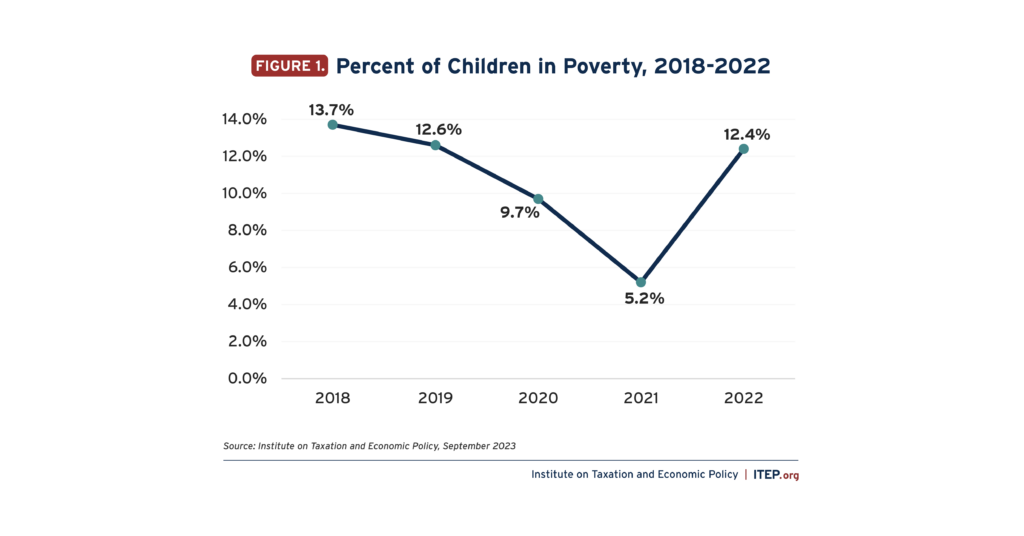
The new Census data should provide both concern and optimism for lawmakers. The steep rise in child poverty is an inexcusable tragedy. But it shows that child poverty is avoidable when Congress makes the decision to make tax policy for those who need the hand up rather than for the rich and powerful.
How to Better Tax the Rich Men North (and South) of Richmond
September 7, 2023 • By Amy Hanauer

When you examine tax policy through the lens of how much working (and poor) people are taxed compared to rich men north (and south) of Richmond, it’s hard not to take Oliver Anthony's runaway hit as a jumping off point to amplify some important facts.
The Innovative Non-Tax Tax Parts of the Inflation Reduction Act
August 23, 2023 • By Michael Ettlinger

In the year since Congress enacted the Inflation Reduction Act (IRA), ITEP has written extensively on the law’s provisions to increase tax fairness and raise revenue for public investments. The IRA, however, also includes tax provisions that serve purposes other than ensuring that we raise adequate revenue and that we do so in a fair […]
Celebrating One Year Since the Landmark Inflation Reduction Act
August 14, 2023 • By Joe Hughes

The Inflation Reduction Act was a course correction from decades of tax cuts that primarily went to the richest Americans and left the rest of us with budget shortfalls that conservative lawmakers now seek to plug with cuts to Social Security and Medicare. For the first time in generations we are finally asking those who have benefited the most from our economy to contribute back.
Congressional Republicans Distort a New Report on the Global Minimum Tax
June 22, 2023 • By Steve Wamhoff

The notion that we are better off allowing our corporations to pretend their profits are earned in the Cayman Islands or Ireland simply defies logic and the facts. There is no scenario in which the U.S. would be better by ditching the international agreement that the government already negotiated.
Debt-Limit Deal’s Provision to Let Tax Cheats Off the Hook Will Increase the Deficit
June 1, 2023 • By Jon Whiten
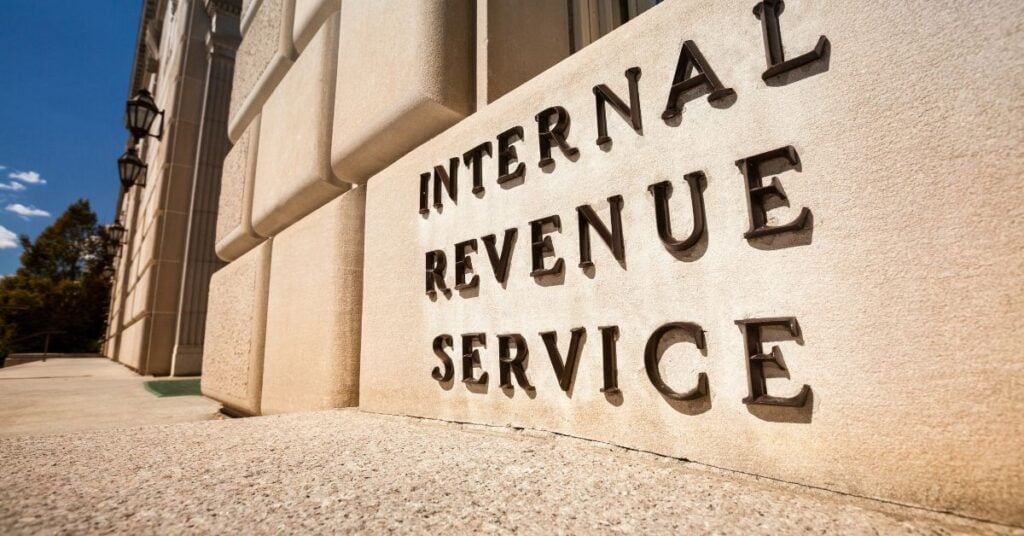
The latest debt-limit bill in Congress includes a provision to claw back important IRS funding meant to crack down on wealthy tax cheats. This cut in funding would actually increase the deficit while continuing the rig the system in favor of the most well-off.
Congress Should Consider Attaching Work Requirements to the Biggest Tax Break for the Rich
May 25, 2023 • By Steve Wamhoff

Instead of focusing on low-income people who are already mostly employed or facing significant barriers to employment, lawmakers who want to encourage labor force participation should revisit existing tax breaks subsidizing wealthy individuals who live off their assets rather than work.
The House’s Debt Ceiling Smoke Screen: The GOP Budget Plan Gives Cover for Tax Cuts for the Rich
May 9, 2023 • By Joe Hughes
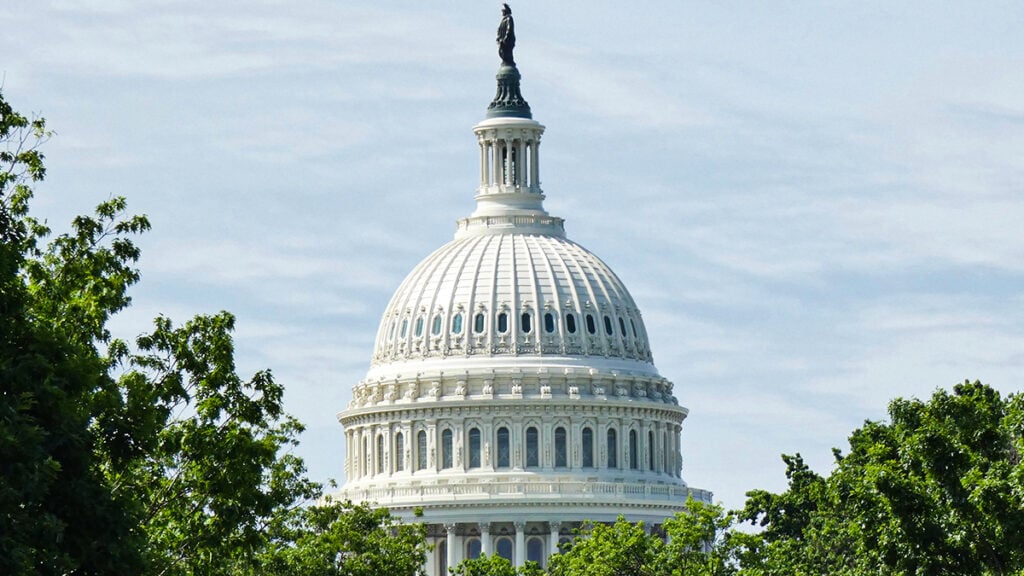
While it isn’t reasonable in the first place for Congress to debate whether it will pay the bills it has already incurred, some of the same lawmakers who are holding the economy hostage to exact budget cuts have decided to make the conversation even more irrational by proposing to increase deficits with tax cuts that enrich the already rich.
Congress Should Raise Taxes on the Rich, But That’s a Totally Separate Issue from the Debt Ceiling
May 9, 2023 • By Steve Wamhoff
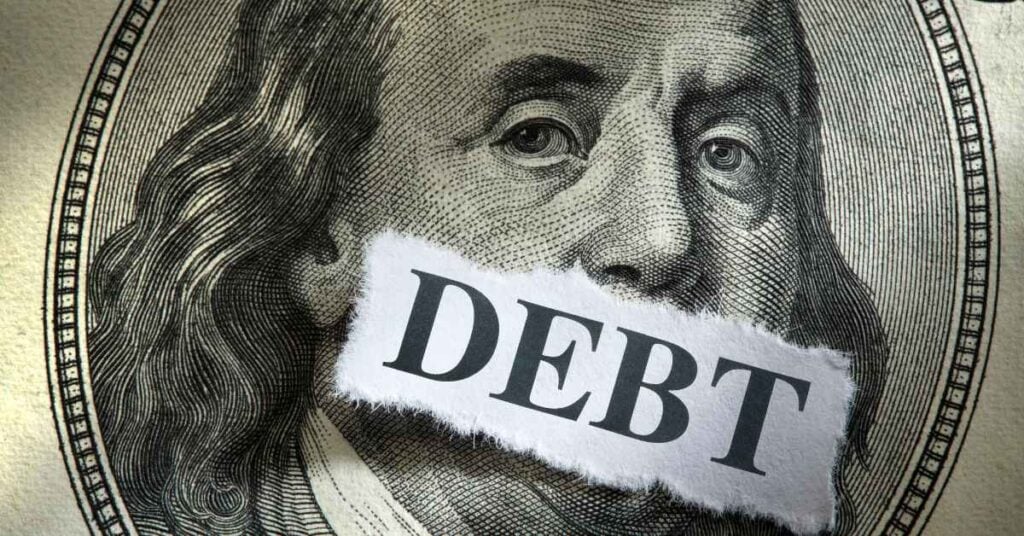
Congress absolutely should raise taxes on the rich and on corporations to generate revenue and improve the fairness of our tax code. President Biden has several proposals to do exactly that. But this is an entirely separate question from whether we should raise the debt ceiling to honor the debts the nation has already incurred and avoid an economic apocalypse.
The GOP is Finally Ready to Raise Taxes. (Or, When a Tax Hike is Not a Tax Hike.)
May 3, 2023 • By Joe Hughes

House Republicans recently voted to rescind the green energy and electric vehicle tax credits that were enacted last Congress as part of the Inflation Reduction Act. This newfound willingness to raise taxes stands in contrast to the recent position of almost the entire House Republican Caucus.
Why is My Refund So Much Smaller This Year? Only the Good (Tax Credits) Die Young.
April 18, 2023 • By Joe Hughes

This year millions of American families are finding that their refunds are much smaller than last year—or that they even owe taxes back to the government—because of the expiration of the expanded Child Tax Credit and Earned Income Tax Credit that were in effect in 2021. The lapse of the expanded credits affects a majority of the middle class, but lower-income households are particularly likely to feel the sting.
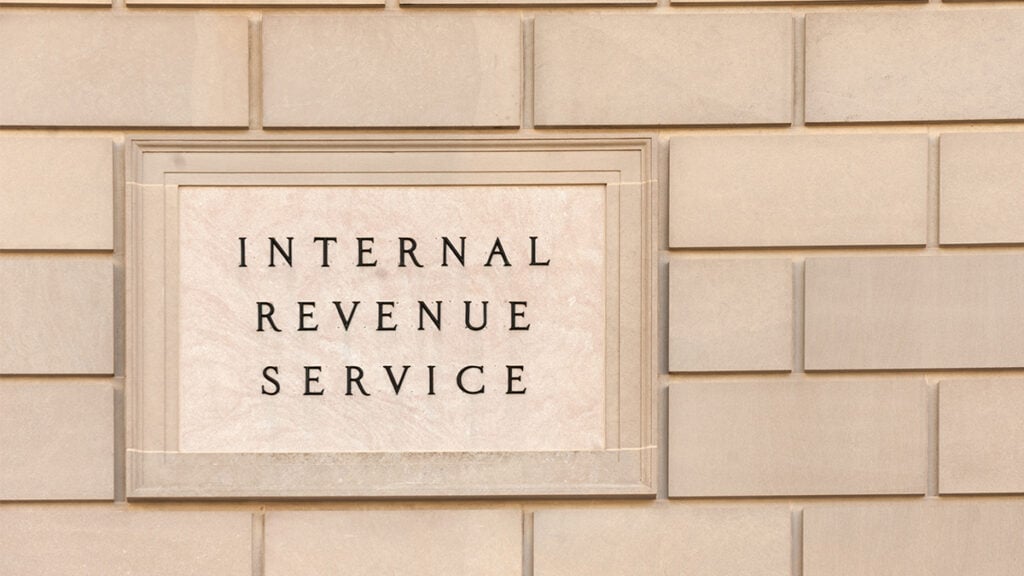
Everything! Taxing wealthy people and corporations and using the revenue for paid leave, child care, education, health care and college would transform America for girls and women of every race and family type, in every corner of this country.

Lawmakers have repeatedly stepped on the same rake of slashing tax rates and expecting revenues to magically go up. Now they want middle-class Americans to be the ones who get hit in the face. The con is getting tired. If Congress wants to reel in the debt then it’s time to raise taxes on the wealthy.
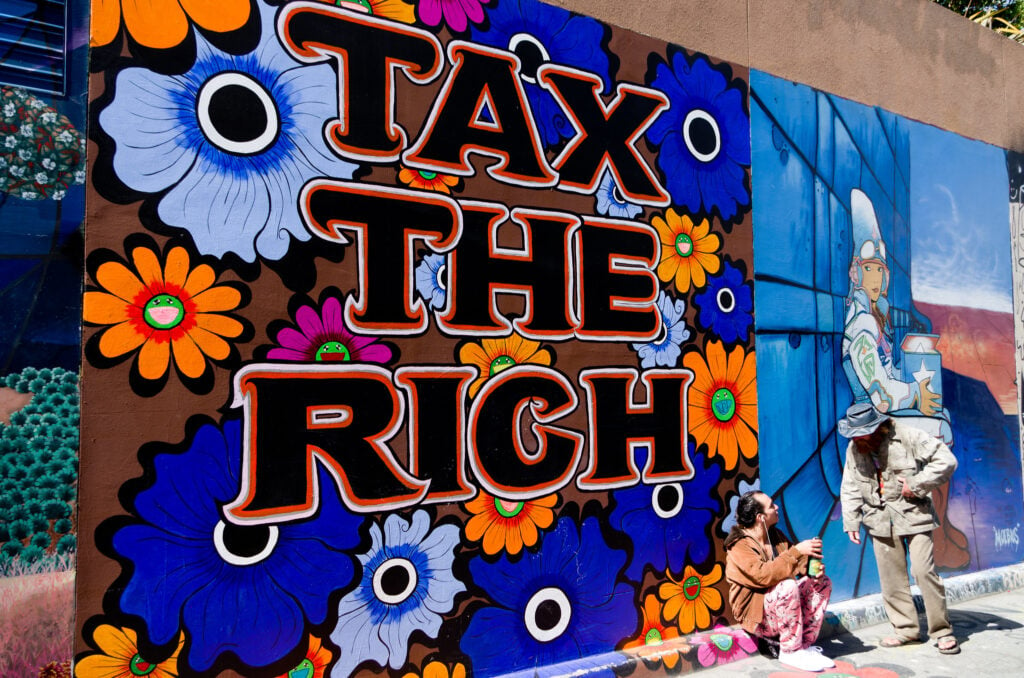
As one of the most prosperous countries in human history, we have enough resources for our collective needs. By better taxing corporations and the wealthiest, we can generate revenue to improve family security, strengthen our communities, and reduce the debt too.
Politifalse: A Fact-Checker Does Biden an Injustice on Taxes Paid by Billionaires
March 9, 2023 • By Michael Ettlinger

Most Americans pay more in Social Security and Medicare payroll taxes than they pay in federal personal income tax. So just looking at the personal income tax for comparison misses most of the taxes middle-income Americans pay. That is not true for billionaires because a much, much smaller proportion of their income is subject to the federal payroll taxes.
President’s Budget Would Strengthen Medicare Taxes Paid by the Wealthy
March 8, 2023 • By Joe Hughes

As part of his new budget plan, President Biden is asking the richest Americans to pay a little bit more to strengthen Medicare. The proposal includes raising taxes related to Medicare very slightly for the highest earners and closing a loophole that some wealthy individuals use to avoid Medicare taxes altogether.
